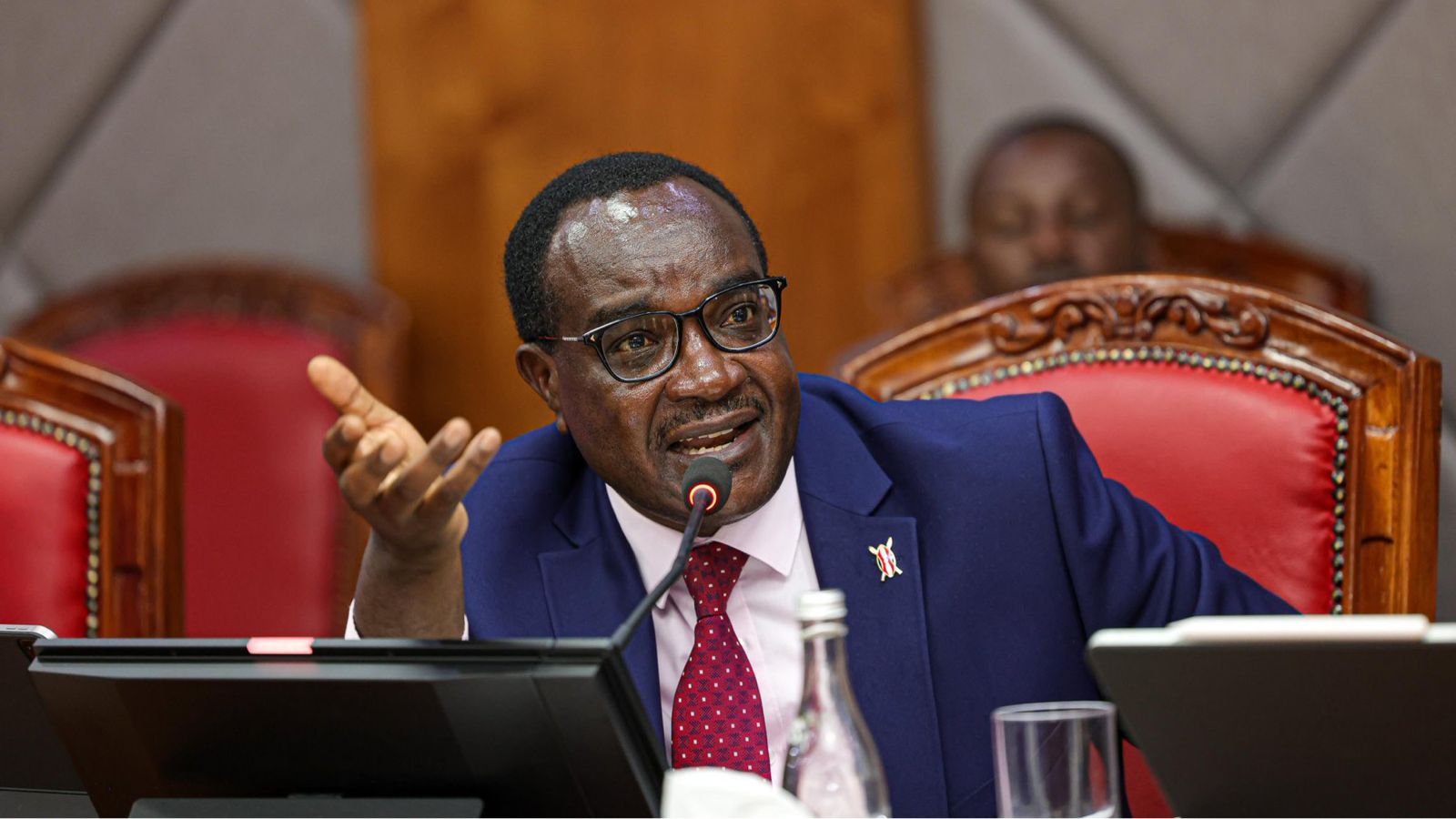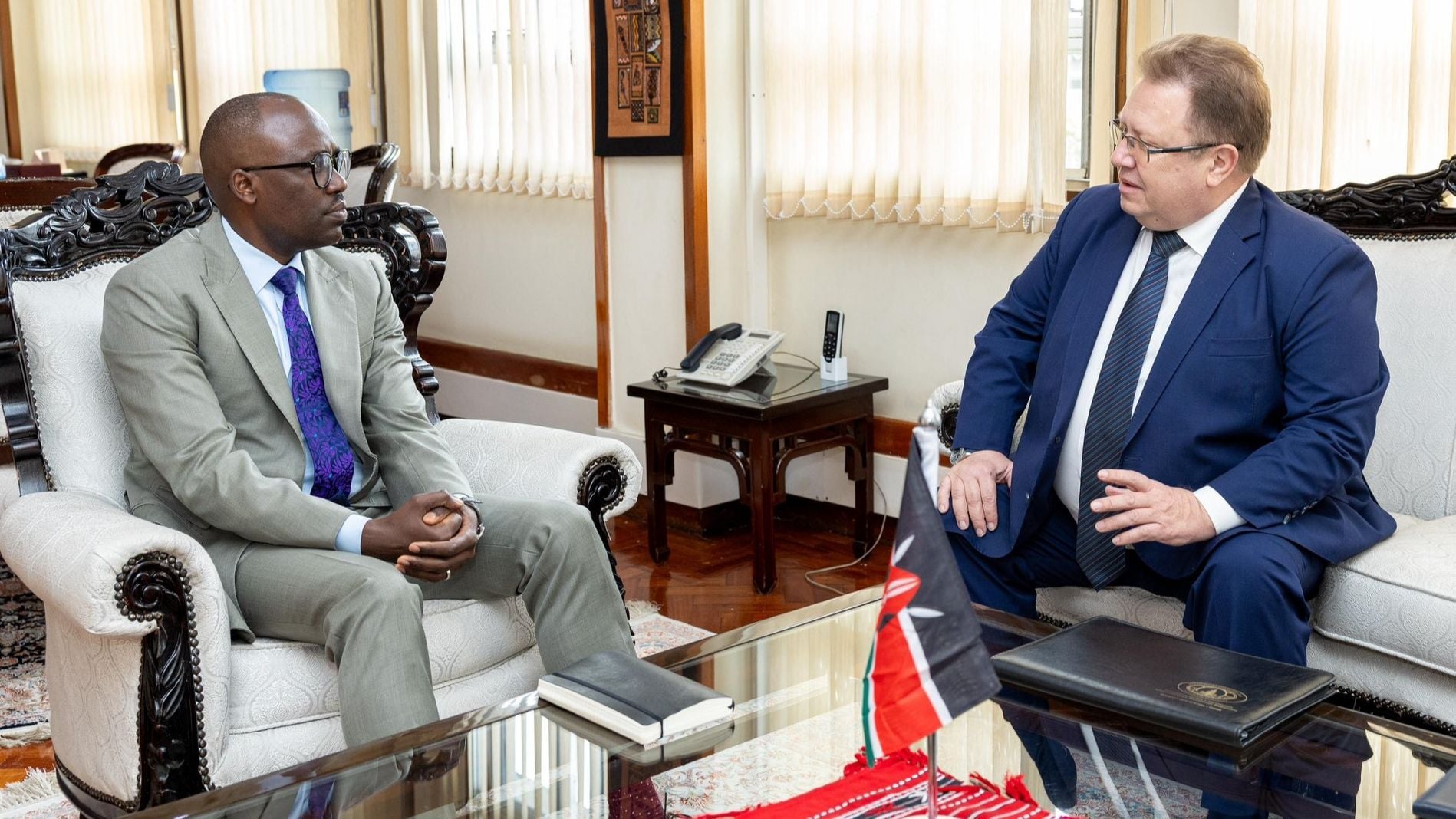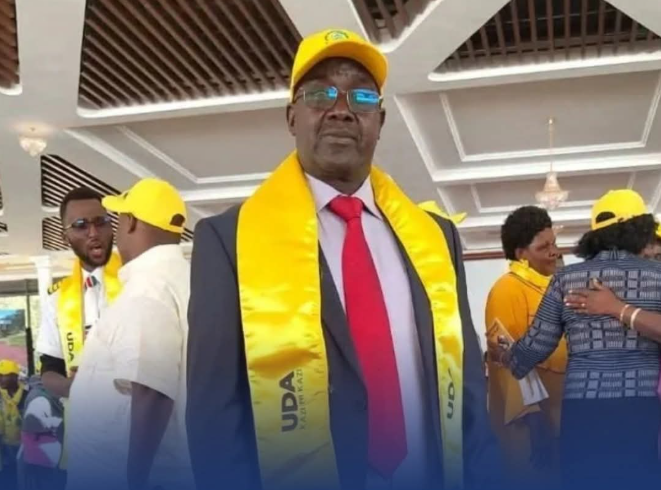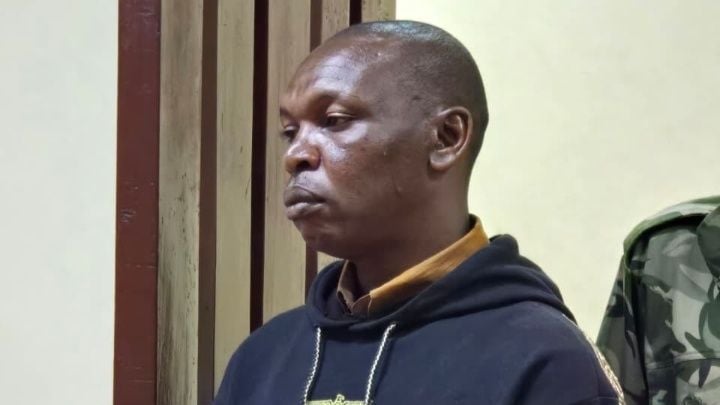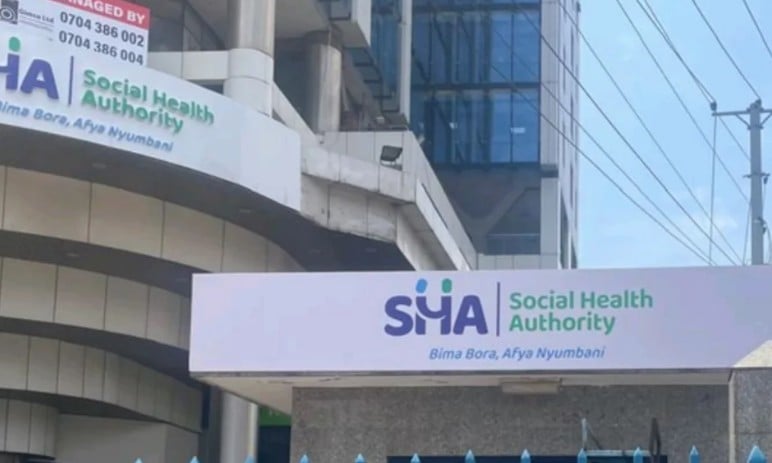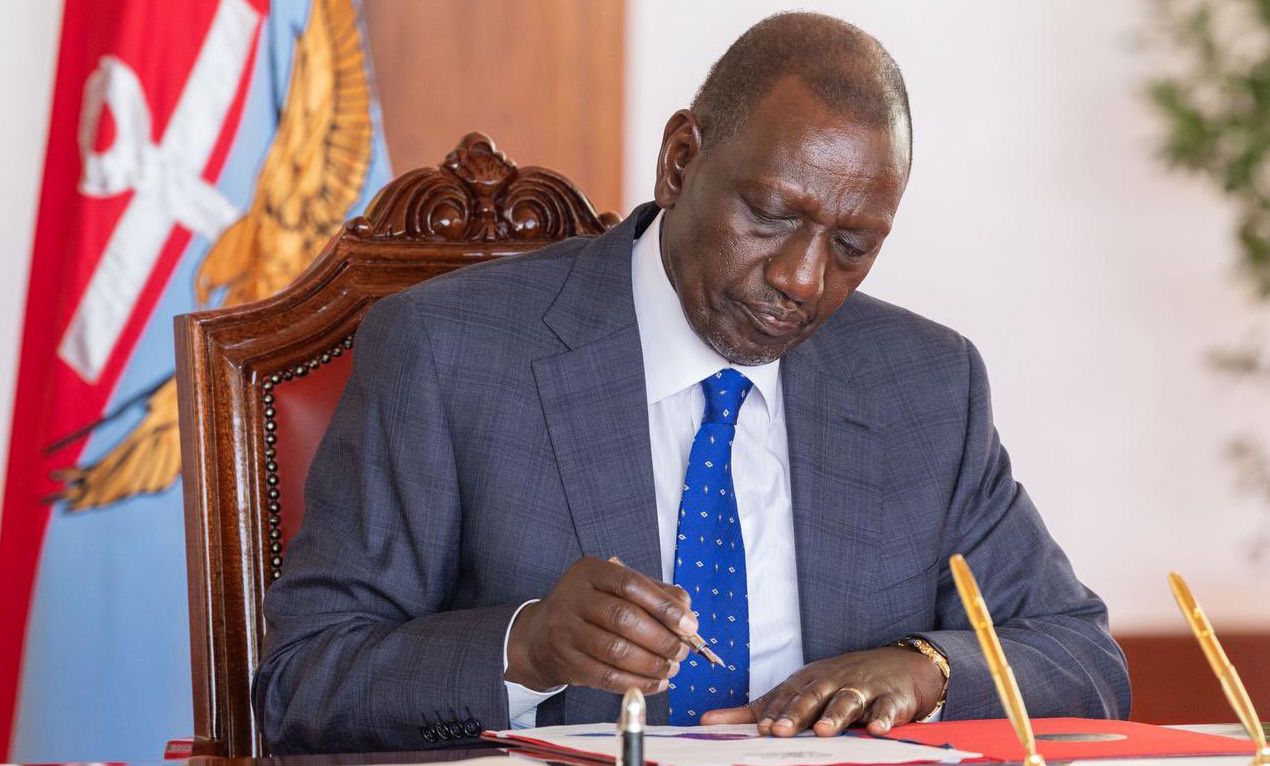Education Cabinet Secretary Julius Migos Ogamba has dismissed claims that the government has increased boarding fees in public senior schools.
In a statement on Thursday, November 6, he clarified that no such changes had been made and urged the public to disregard the misinformation.
"Our attention has been drawn to reports in sections of the media to the effect that boarding fees payable by learners in public senior schools have been revised upwards.
"Parents, learners, and the general public are hereby notified that there has been no revision of boarding fees, or any other fees, payable by learners," he said.
Ogamba reiterated that the ministry’s official guidelines on the amount payable continue to stand, and reaffirmed the government’s commitment to supporting education through the provision of capitation funds.
Read More
"The prevailing guidance from the Ministry of Education on the amounts payable as boarding fees will continue to apply as has been the case.
"The Government will continue to fulfil its constitutional duty of providing capitation for learners in senior school. The approved rate of capitation for this level of education remains Ksh22,244 per learner per year," he added.

This comes a week after Ogamba announced the timeline for the release of national examination results, revealing that learners will receive their outcomes before the end of the year and early next year.
Speaking on Wednesday, October 29, he disclosed that results for the Kenya Primary School Education Assessment (KPSEA) and the Kenya Junior School Education Assessment (KJSEA) will be released before December.
Ogamba also stated that the Kenya Certificate of Secondary Education (KCSE) results will be released in January 2026.
He also provided an update on the capitation funds verification exercise that had delayed disbursement to some schools.
"Verification exercise that we were undertaking, and this came because of the issues that were raised by the Auditor General. So we thought it is a critical time for us to take stock and find out why those issues of ghost schools or ghost students of enrolment and enrolment are taking place," he explained.
Ogamba revealed that the ministry had been releasing funds progressively to schools as they completed the verification process.
"So what we were doing is that every period or every day that we were finishing the verification exercise, we were releasing funds to those schools," he stated.
However, by the end of the verification exercise, the ministry identified 990 schools, comprising 570 primary and 420 secondary schools, that had not submitted data on their student numbers.
"But we made a decision based on the term 2 numbers to release 50% of the capitation because we want to find out physically if these schools exist," he concluded.
The verification exercise was initiated following the Auditor General's concerns regarding ghost schools and inflated enrolment figures that were leading to improper disbursement of government capitation funds.
